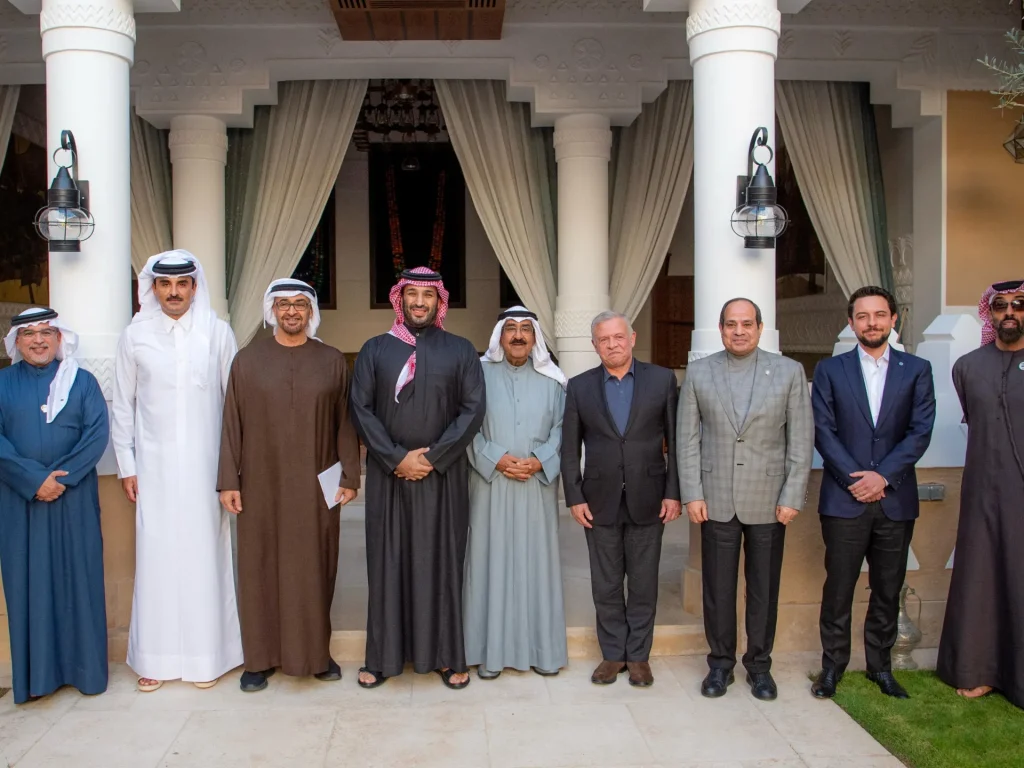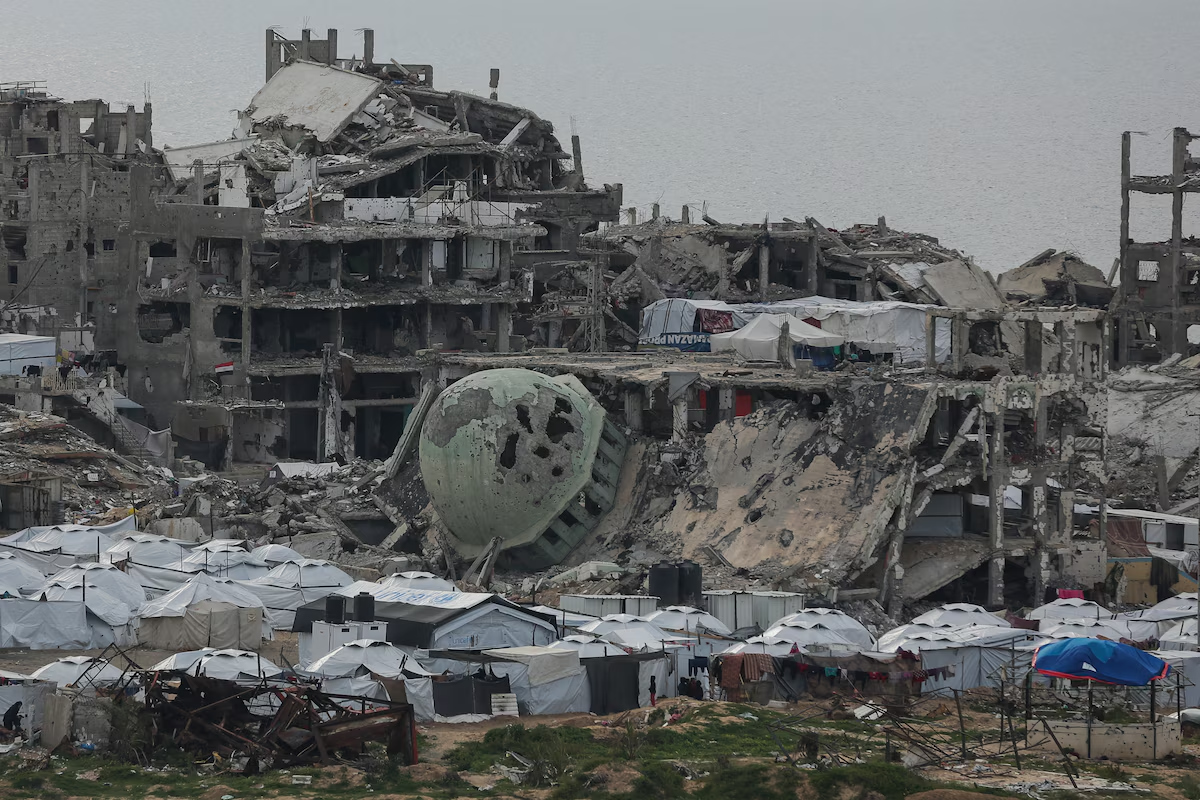Arab leaders are meeting in Cairo on Tuesday to discuss an alternative to US President Donald Trump’s controversial plan for Gaza, which has been widely condemned for proposing the displacement of its Palestinian population.
The Arab League summit, focused on Gaza’s reconstruction, follows Israeli Prime Minister Benjamin Netanyahu’s renewed endorsement of Trump’s proposal, calling it visionary and innovative. However, Palestinians, Arab nations, and many of Israel’s allies have strongly opposed the plan, rejecting any forced expulsion of Gaza’s residents.
The United Nations estimates that rebuilding Gaza after the devastating destruction by Israel will cost over $53 billion.
Ahead of the summit, Arab foreign ministers held a closed-door session on Monday to outline a reconstruction plan that ensures Gaza’s residents remain in place, a source within the Arab League told AFP. The plan will be presented to leaders on Tuesday for approval.

Several Arab heads of state are attending the summit, while others have sent high-ranking representatives. Egypt’s President Abdel Fattah al-Sisi and Bahrain’s King Hamad bin Issa Al Khalifa are expected to deliver opening remarks.
Trump first proposed that the United States “take over” Gaza and transform it into the “Riviera of the Middle East,” while relocating its Palestinian population to Egypt and Jordan. The idea sparked global outrage, with critics arguing it violates international law. Trump later softened his stance, claiming he was not forcing the plan.
The Cairo summit comes over stalled negotiations between Israel and Hamas over the future of a ceasefire that began on January 19.
Netanyahu, who supports Trump’s Gaza proposal, stated on Monday that it was “time to give the residents of Gaza a real choice” by allowing them to leave. His comments align with those of far-right Israeli politicians, including Finance Minister Bezalel Smotrich, who has called for full Israeli sovereignty over the territory.
The initial phase of the ceasefire, which included hostage-prisoner exchanges and humanitarian aid deliveries, ended over the weekend. While Israel pushed for an extension until mid-April, Hamas insisted that negotiations move to a second phase that would lead to a permanent end to the war.
Netanyahu warned Hamas of “consequences beyond imagination” if the remaining hostages, taken in the October attack, were not released. A senior Hamas official, Osama Hamdan, accused Israel of undermining the ceasefire to avoid peace talks.
As ceasefire negotiations stalled, Netanyahu’s office announced the suspension of all goods and aid deliveries into Gaza, stating that Hamas would face other consequences if it did not agree to extend the truce.
This move has drawn criticism from key mediators, including Egypt and Qatar, as well as the United Nations and some of Israel’s allies. Germany condemned the blockade, stating that restricting humanitarian access is not a legitimate negotiation tactic, while Britain insisted that aid must not be blocked. Both countries failed to call the blockade a violation of international law.
The war has left Gaza in ruins, displaced nearly its entire population, and caused widespread hunger.
Hamas’s attack on Israel in October resulted in over 1,200 deaths, while Israel’s military attack on the tiny enclave has killed nearly 48,400 people in Gaza, mostly civilian women and children, according to data from both sides. Of the 251 hostages taken by Hamas, 58 remain in Gaza, including 34 whom the Israeli military believes to be dead.


 Trending
Trending 